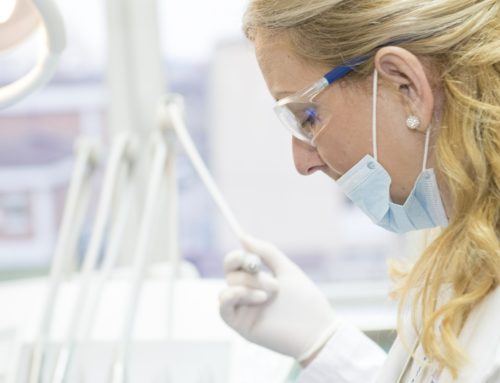Previously we have always touched base on the dentist’s role in the treatment of sleep apnea and craniofacial pain. However, hygienists play a crucial role in sleep apnea as well. Why? It’s simple. A hygienist is the one that spends the most time with patients once they enter the dental office. From routine dental cleanings to educational information, the hygienist plays a large role in the interaction with the patient, which means they may be the first to realize a patient might be suffering from sleep apnea.
Get Involved: Your Role
Sleep apnea is a chronic condition that often requires long-term management. In the last 10 years, dentists and hygienists have become more involved in the treatment of sleep apnea, which continues to expand. Sleep apnea often goes undiagnosed because most people who suffer from this condition don’t even realize they have it. Since patients visit their dentist more often than they visit their doctor, a dental hygienist plays a critical role in screening patients for sleep breathing disorders and caring for them.
A dental hygienist can play an important role in the recognition of sleep disorders by adding questions to the standard dental history. Just as you ask your patients questions about their dental health care, it is important to get a better understanding of their day-to-day habits that might not only include brushing and flossing. You might want to ask patients the following questions at their regular dental visits:
- Do you snore?
- Can you breathe through your nose?
- Do you wake up tired in the morning?
- Do you become extremely tired or fall asleep during the day?
Each question is important in determining signs and symptoms of sleep apnea in your patients. And, since you are the main point of contact for your patients twice a year, it is important to include this in your questions.
Dentists and Hygienists work as a team in the treatment and diagnosis of oral health care issues, which means sleep apnea, too. Start today, and get a better understanding of how you, the hygienist, can aide in the identification and treatment of sleep apnea in your patients.


